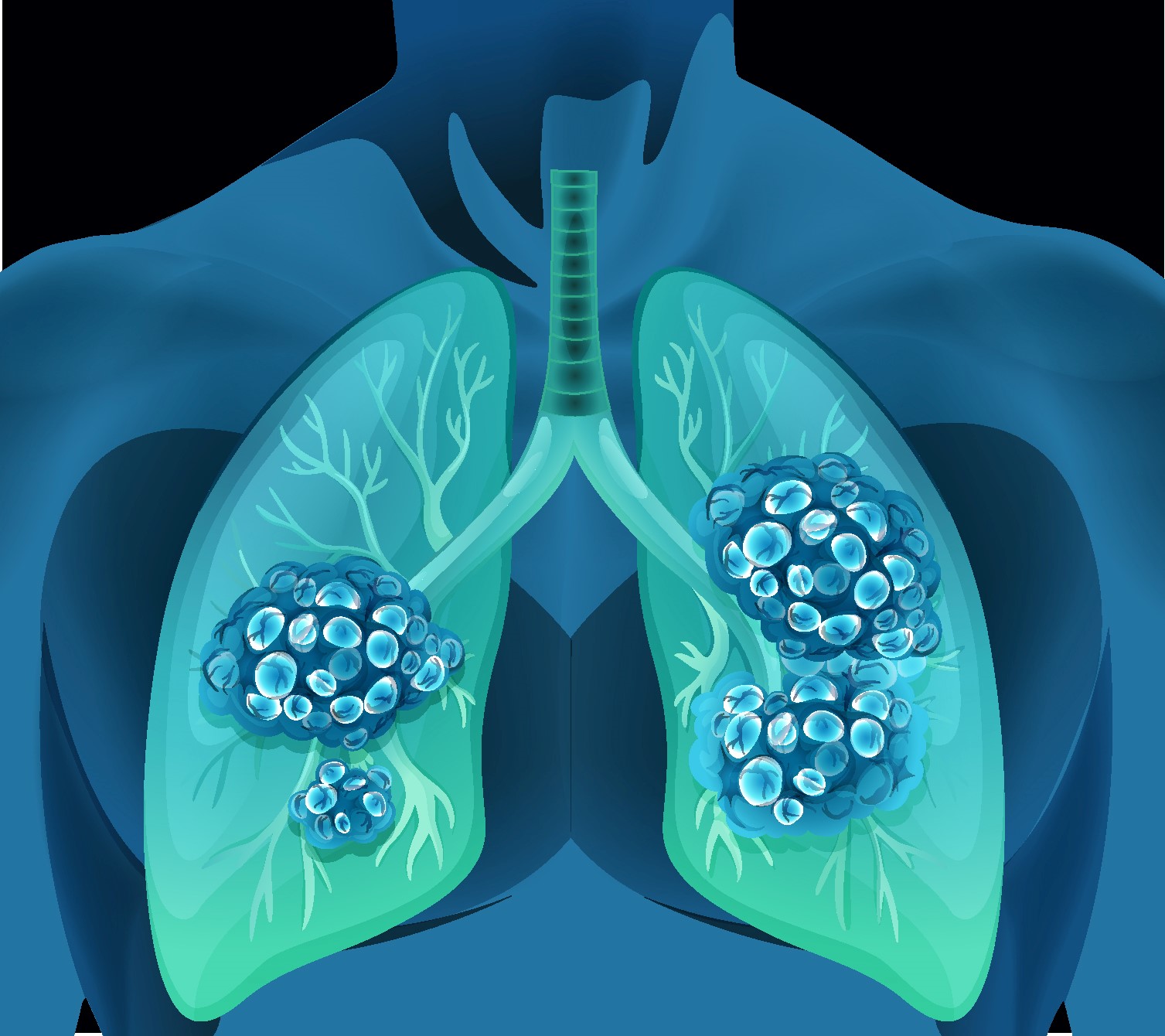Cystic fibrosis (CF) is a monogenic disease, characterized by massive chronic lung inflammation. The observed variability in clinical phenotypes in monozygotic CF twins is likely associated with the extent of inflammation. This study sought to investigate inflammation-related aberrant DNA methylation in CF twins and to determine to what extent acquired methylation changes may be associated with lung cancer.Blood-based genome-wide DNA methylation analysis was performed to compare the DNA methylomes of monozygotic twins, from the European CF Twin and Sibling Study with various degrees of disease severity. Putatively inflammation-related and differentially methylated positions were selected from a large lung cancer case-control study and investigated in blood by targeted bisulphite next-generation-sequencing. An inflammation-related locus located in the () gene was functionally analysed regarding promoter and enhancer activity in presence and absence of methylation using luciferase reporter assays.We confirmed in a unique cohort that monozygotic twins, even if clinically discordant, have only minor differences in global DNA methylation patterns and blood cell composition. Further, we determined the most differentially methylated positions, a high proportion of which are blood cell-type-specific, whereas others may be acquired and thus have potential relevance in the context of inflammation as lung cancer risk factors. We identified a sequence in the gene body of which is hypermethylated in blood from CF twins with severe phenotype and highly variably methylated in lung cancer patients and controls, independent of known clinical parameters, and showed that this region exhibits methylation-dependent promoter activity in lung epithelial cells.
Disease-related blood-based differential methylation in cystic fibrosis and its representation in lung cancer revealed a regulatory locus in in lung epithelial cells.


